

Articles
Why Does Dishwasher Smell
Modified: October 28, 2024
Discover articles on why your dishwasher may have a foul odor and learn effective tips to eliminate the smell for a fresher kitchen experience.
(Many of the links in this article redirect to a specific reviewed product. Your purchase of these products through affiliate links helps to generate commission for Storables.com, at no extra cost. Learn more)
Introduction
When it comes to keeping your dishes clean and fresh, the dishwasher is an essential appliance in any kitchen. However, there may be instances where you notice an unpleasant odor emanating from your dishwasher. This lingering smell can not only be off-putting but can also affect the cleanliness of your dishes. Understanding the common causes of dishwasher smell and finding effective solutions to eliminate it are crucial for maintaining a hygienic and odor-free dishwasher.
There are several reasons why your dishwasher may develop a foul smell. Accumulated food residue, clogged filters, mold and mildew growth, and hard water deposits are some of the primary culprits behind dishwasher odor. Addressing these issues promptly and taking preventive measures can help to keep your dishwasher smelling fresh and clean.
In this article, we will explore the common causes of dishwasher smell and provide practical solutions to eliminate odors. We will also discuss important prevention tips to keep your dishwasher smelling fresh and functioning optimally. By implementing these strategies, you can ensure that your dishwasher not only provides spotlessly clean dishes but also retains a pleasant and pleasant aroma.
Key Takeaways:
- Say goodbye to dishwasher odors by regularly cleaning filters, using natural agents like vinegar and baking soda, and ensuring proper water supply and temperature. Enjoy fresh-smelling, clean dishes every time!
- Prevent dishwasher odors by scraping off food residue, using hot water and sufficient detergent, running full loads, and keeping the dishwasher door slightly ajar. Maintain a fresh-smelling dishwasher for hygienic dishwashing.
Read more: Why Does Grass Smell
Common Causes of Dishwasher Smell
There are several common causes behind the unpleasant smell that may emanate from your dishwasher. Understanding these causes can help you identify and address the issue promptly. Let’s take a closer look at each of these causes:
1. Accumulated Food Residue: Over time, small particles of food can get trapped in the corners, racks, and filters of your dishwasher. If not properly cleaned, these food residues can start to decompose, leading to a foul odor. It’s important to scrape off excess food from your dishes before loading them into the dishwasher and regularly inspect and clean the interior of the appliance to prevent food residue build-up.
2. Clogged Filters: Dishwashers are equipped with filters to trap larger food particles and prevent them from clogging the drainage system. However, if these filters become clogged and are not cleaned regularly, they can hinder proper water flow and contribute to a smelly dishwasher. It’s recommended to check and clean the filters at least once a month to ensure optimal performance and prevent odor-causing debris accumulation.
3. Mold and Mildew Growth: The warm and moist environment inside the dishwasher can provide an ideal breeding ground for mold and mildew. If your dishwasher isn’t adequately ventilated or if dishes are not fully dried before putting them away, mold and mildew can start to grow, causing a musty odor. To prevent this, ensure proper ventilation by leaving the dishwasher door slightly open after a cycle and thoroughly drying dishes before storing them.
4. Hard Water Deposits: If you live in an area with hard water, mineral deposits can build up on the interior of your dishwasher over time. These deposits, made up of minerals like calcium and magnesium, can not only affect the dishwasher’s performance but also contribute to an unpleasant smell. Regular descaling and using a dishwasher cleaner specifically designed to remove hard water deposits can help eliminate the odor caused by mineral build-up.
By identifying the specific causes of the smell in your dishwasher, you can take appropriate steps to address them and restore a fresh, clean aroma to your appliance. In the next section, we will explore effective solutions to eliminate dishwasher odors.
Solutions to Eliminate Dishwasher Odor
To eliminate the unpleasant smell coming from your dishwasher, there are several effective solutions that you can implement. Let’s explore these solutions:
1. Regular Cleaning and Maintenance: One of the fundamental ways to eliminate dishwasher odor is to establish a routine cleaning and maintenance schedule. This includes regularly wiping down the interior of the dishwasher, cleaning the door gasket, and removing any visible debris or food residue. Additionally, cleaning the spray arms and unclogging any blockages will ensure proper water circulation and prevent odor-causing build-up.
2. Vinegar and Baking Soda Treatment: Vinegar and baking soda are natural cleaning agents that can be used effectively to remove odors from the dishwasher. Start by sprinkling baking soda on the bottom of the dishwasher and then pour a cup of vinegar into a dishwasher-safe bowl or cup. Place the bowl or cup on the top rack of the dishwasher and run a hot water cycle. This combination will help break down any lingering odors and remove residue.
3. Use of Dishwasher Cleaners and Deodorizers: There are specific dishwasher cleaners and deodorizers available in the market that are designed to target and eliminate stubborn odors. These products are often formulated to tackle the sources of the smell, such as food residue, hard water deposits, and mold growth. Follow the instructions provided on the cleaning product for optimal results.
4. Checking and Cleaning Filters: As mentioned earlier, clogged filters can contribute to dishwasher odor. Regularly checking and cleaning the filters will ensure that water flows freely and debris does not accumulate. Remove the filters, rinse them under running water, and use a brush to remove any stubborn particles. By keeping the filters clean, you can prevent odor-causing debris from accumulating.
5. Ensuring Proper Water Supply and Temperature: The quality and temperature of the water used in the dishwasher can also impact its cleanliness and odor. Make sure that the dishwasher is connected to a reliable and clean water supply to prevent any contaminants from entering the appliance. Additionally, using hot water during the wash cycle can help remove grease, bacteria, and other odor-causing elements.
By implementing these solutions, you can effectively eliminate the unpleasant odor from your dishwasher and ensure that your dishes come out fresh and clean. In the next section, we will discuss prevention tips to keep your dishwasher smelling fresh in the long run.
To prevent dishwasher odor, regularly clean the filter, run a cleaning cycle with vinegar, and leave the door open to air out after each use.
Prevention Tips to Keep Dishwasher Smelling Fresh
To maintain a fresh-smelling dishwasher and prevent odors from recurring, it’s important to follow some preventive measures. Here are some tips to keep your dishwasher smelling fresh:
1. Scraping Food off Dishes Properly: Before loading your dishes into the dishwasher, make sure to scrape off excess food residue. This will prevent food particles from building up in the dishwasher and causing unpleasant odors. Using a rubber spatula or paper towel to remove larger food remnants before loading can help minimize the amount of debris entering the dishwasher.
2. Using Hot Water and Sufficient Detergent: Hot water helps to dissolve grease, food particles, and other residues more effectively. It is recommended to use the hottest water setting available on your dishwasher to ensure thorough cleaning. Additionally, using the recommended amount of detergent specified by the manufacturer is crucial to remove grease and odors effectively.
3. Running Full Loads: Running your dishwasher with a full load not only maximizes water and energy efficiency but also helps in preventing stagnant water and odor build-up. If you have fewer dishes to wash, use the dishwasher’s eco or energy-saving program to ensure optimal water usage and prevent odor-causing bacteria growth.
4. Regularly Emptying and Cleaning the Drain: The drain in your dishwasher can become a breeding ground for bacteria and odors if it’s not cleaned regularly. Emptying the drain after every cycle and removing any food particles or debris is essential. You can use a small brush or toothbrush to clean the drain area thoroughly. Regular maintenance of the drain will help prevent clogs and keep your dishwasher smelling fresh.
5. Keeping the Dishwasher Door Slightly Ajar: After completing a wash cycle, leave the dishwasher door slightly ajar to allow air circulation within the appliance. This will help prevent moisture build-up and discourage the growth of mold and mildew. Keeping the door open for a few hours or overnight will aid in drying out the dishwasher, eliminating any potential odors.
By following these prevention tips, you can maintain a fresh-smelling dishwasher and ensure that your dishes come out sparkling clean and odor-free every time. Now that you are equipped with the knowledge to prevent dishwasher odors, let’s conclude this article.
Conclusion
An unpleasant smell emanating from your dishwasher can not only be off-putting but can also indicate underlying issues that need to be addressed. By understanding the common causes of dishwasher smell and implementing the appropriate solutions, you can eliminate odors and enjoy a fresh and clean dishwasher.
Accumulated food residue, clogged filters, mold and mildew growth, and hard water deposits are among the common culprits behind dishwasher odors. Regular cleaning and maintenance, including proper scraping of food off dishes, checking and cleaning filters, and ensuring a proper water supply, can go a long way in preventing odor-causing issues.
Effective solutions such as using vinegar and baking soda treatments, dishwasher cleaners and deodorizers, and descaling agents specifically designed for hard water deposits can help eliminate odors and restore freshness to your dishwasher. By regularly following these solutions, you can eliminate odors and prevent them from recurring.
Additionally, implementing preventive measures is crucial to keep your dishwasher smelling fresh in the long term. Properly scraping food off dishes, using hot water and sufficient detergent, running full loads, regularly emptying and cleaning the drain, and keeping the dishwasher door slightly ajar after each cycle are effective preventive measures to maintain a fresh-smelling dishwasher.
Remember, a clean and odor-free dishwasher not only ensures hygienic washing of your dishes but also enhances the overall experience in your kitchen. By incorporating these tips and solutions, you can enjoy the convenience of a fresh-smelling dishwasher and pristine clean dishes every time.
So, go ahead and implement these strategies to eliminate dishwasher odors, and savor the benefits of a sparkling clean and fresh-smelling dishwasher in your home!
Frequently Asked Questions about Why Does Dishwasher Smell
Was this page helpful?
At Storables.com, we guarantee accurate and reliable information. Our content, validated by Expert Board Contributors, is crafted following stringent Editorial Policies. We're committed to providing you with well-researched, expert-backed insights for all your informational needs.


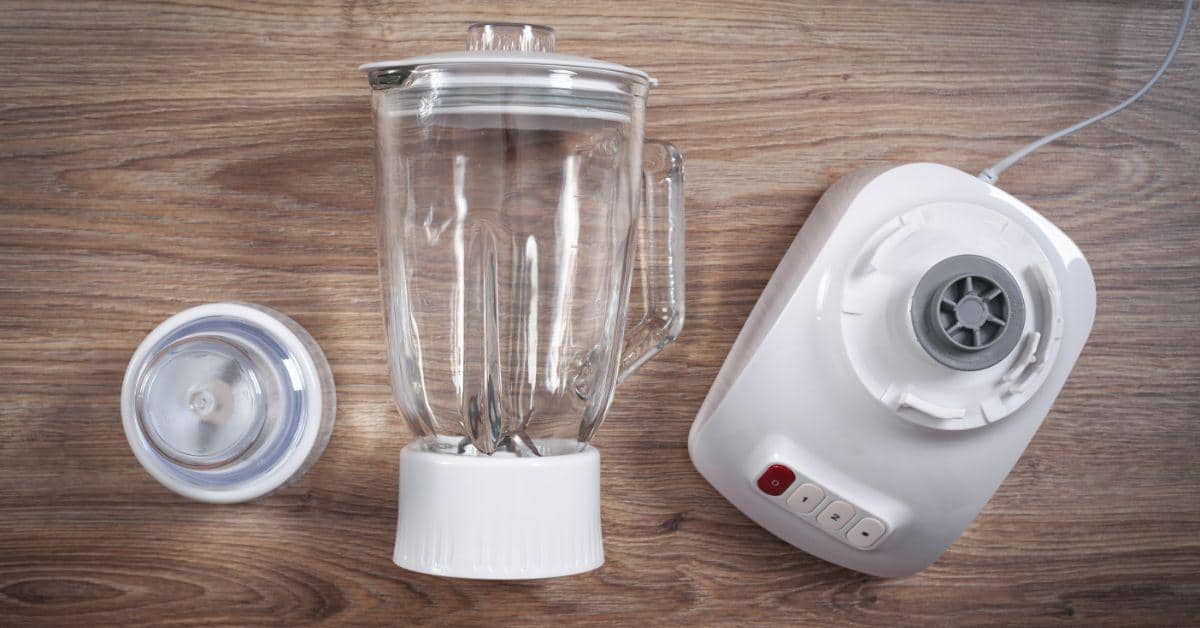
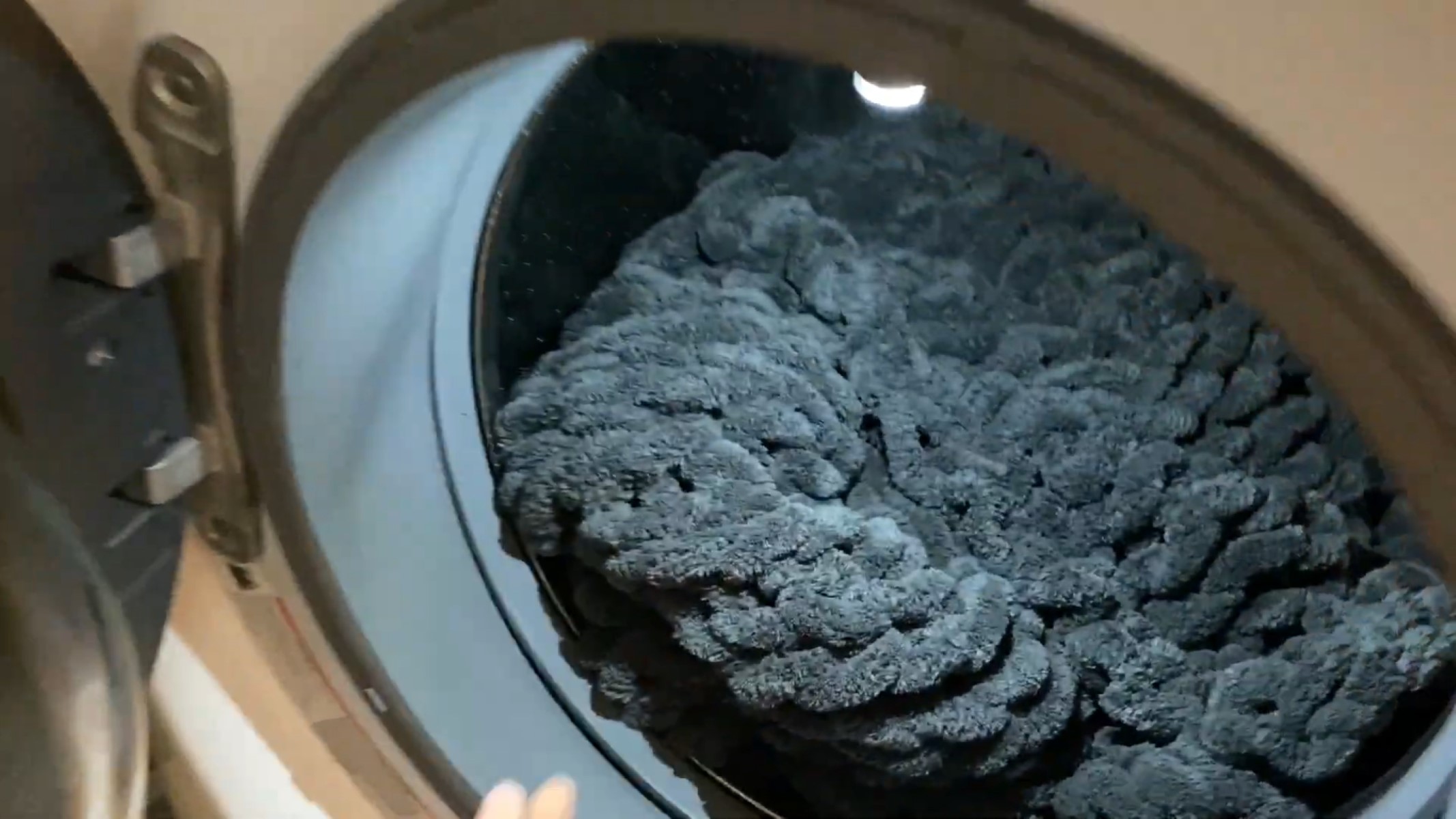

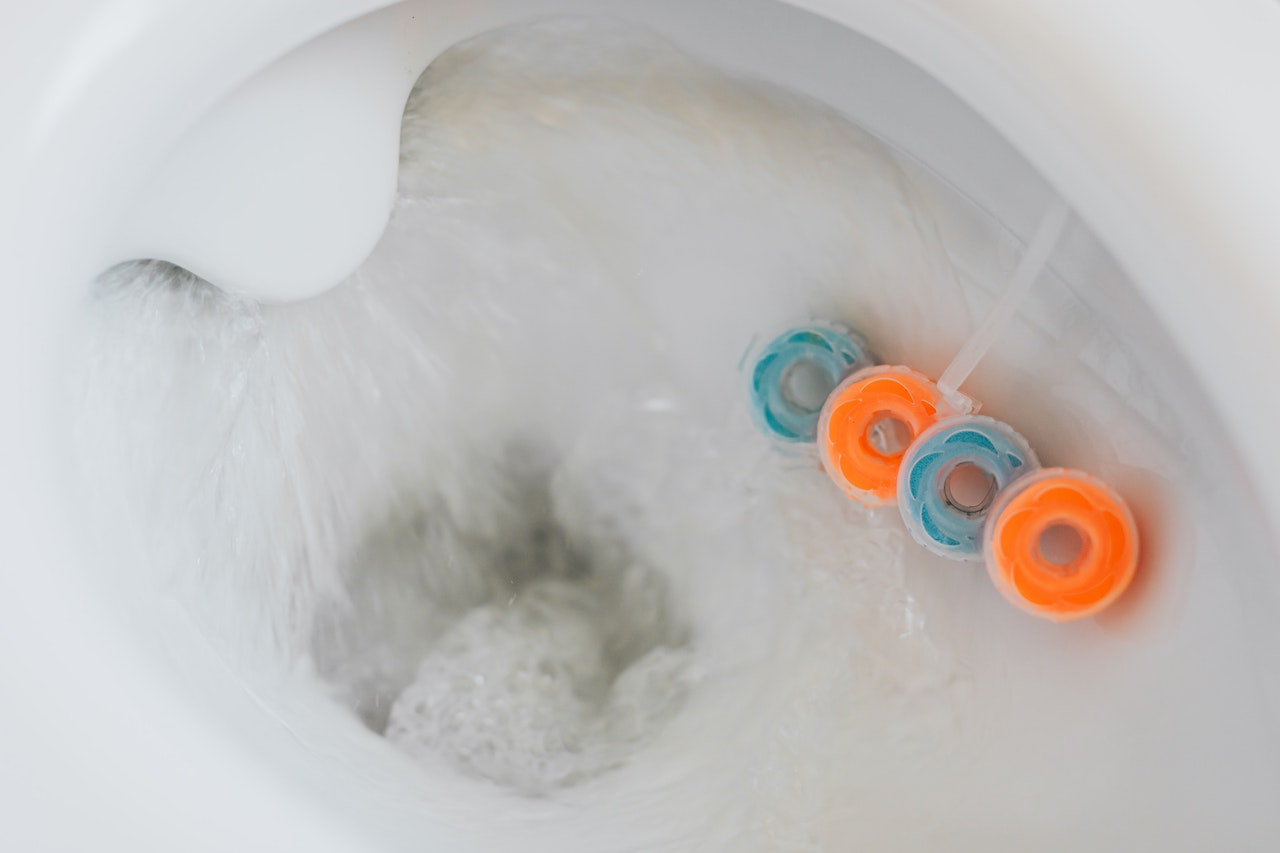

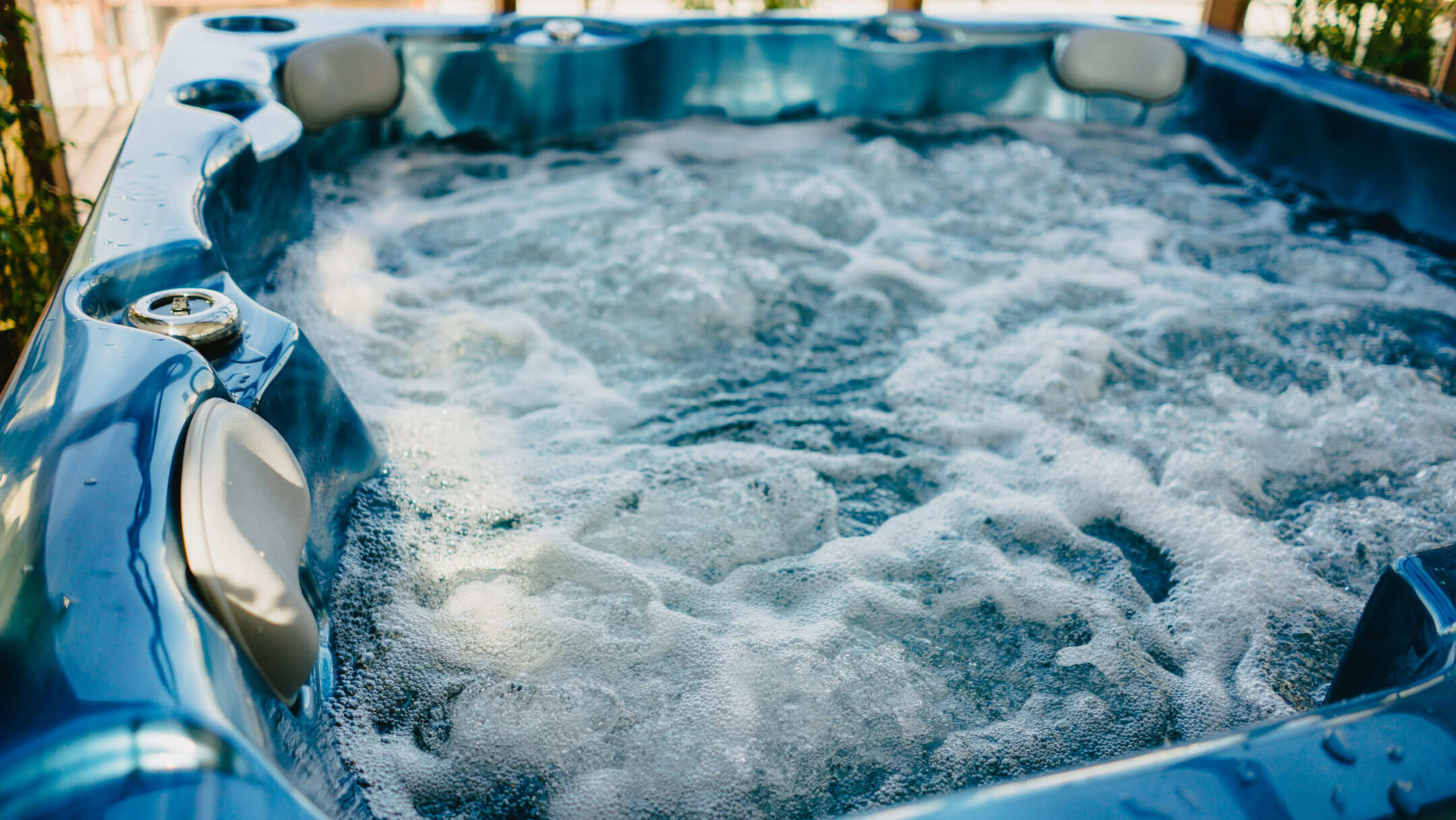


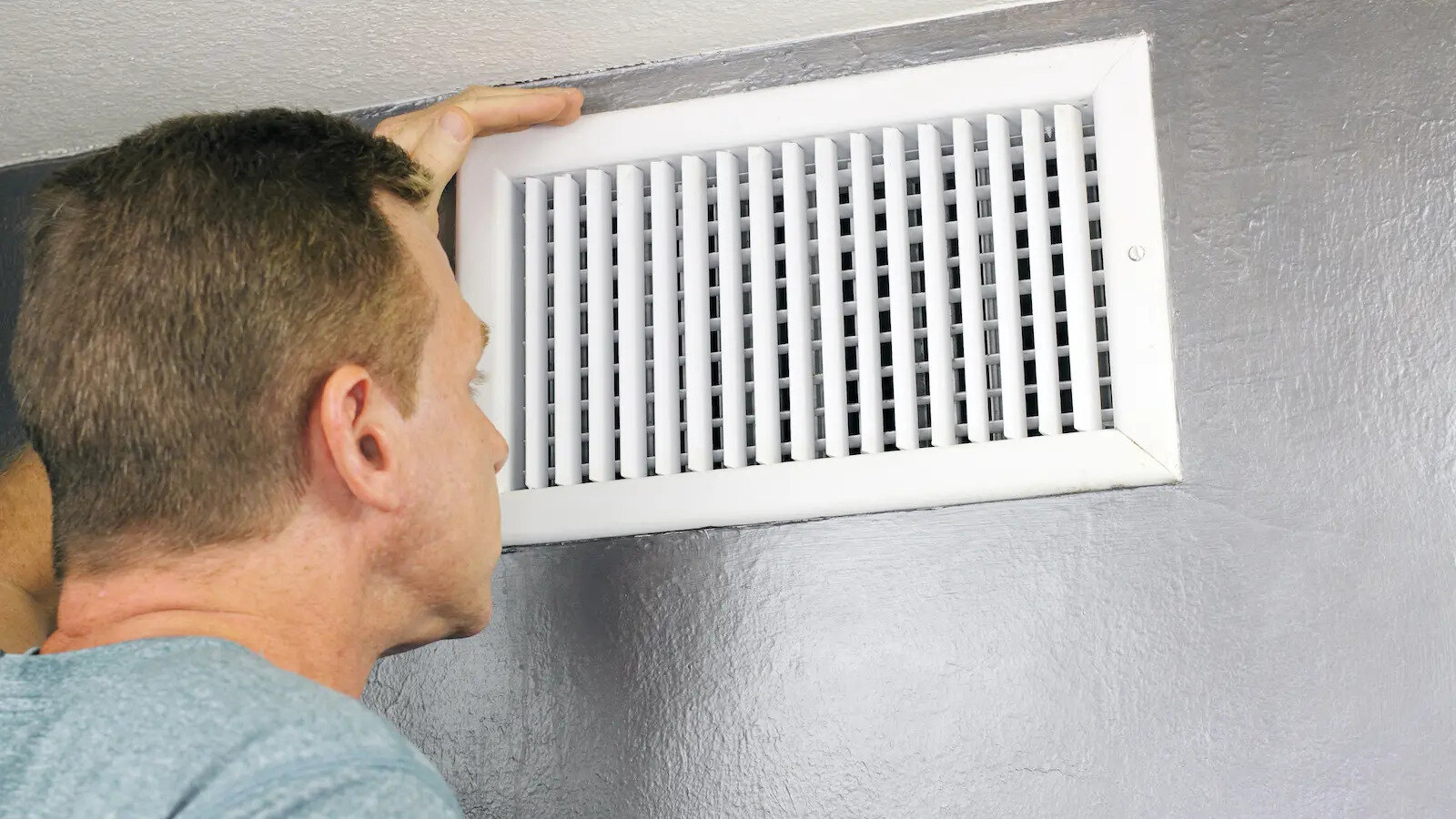


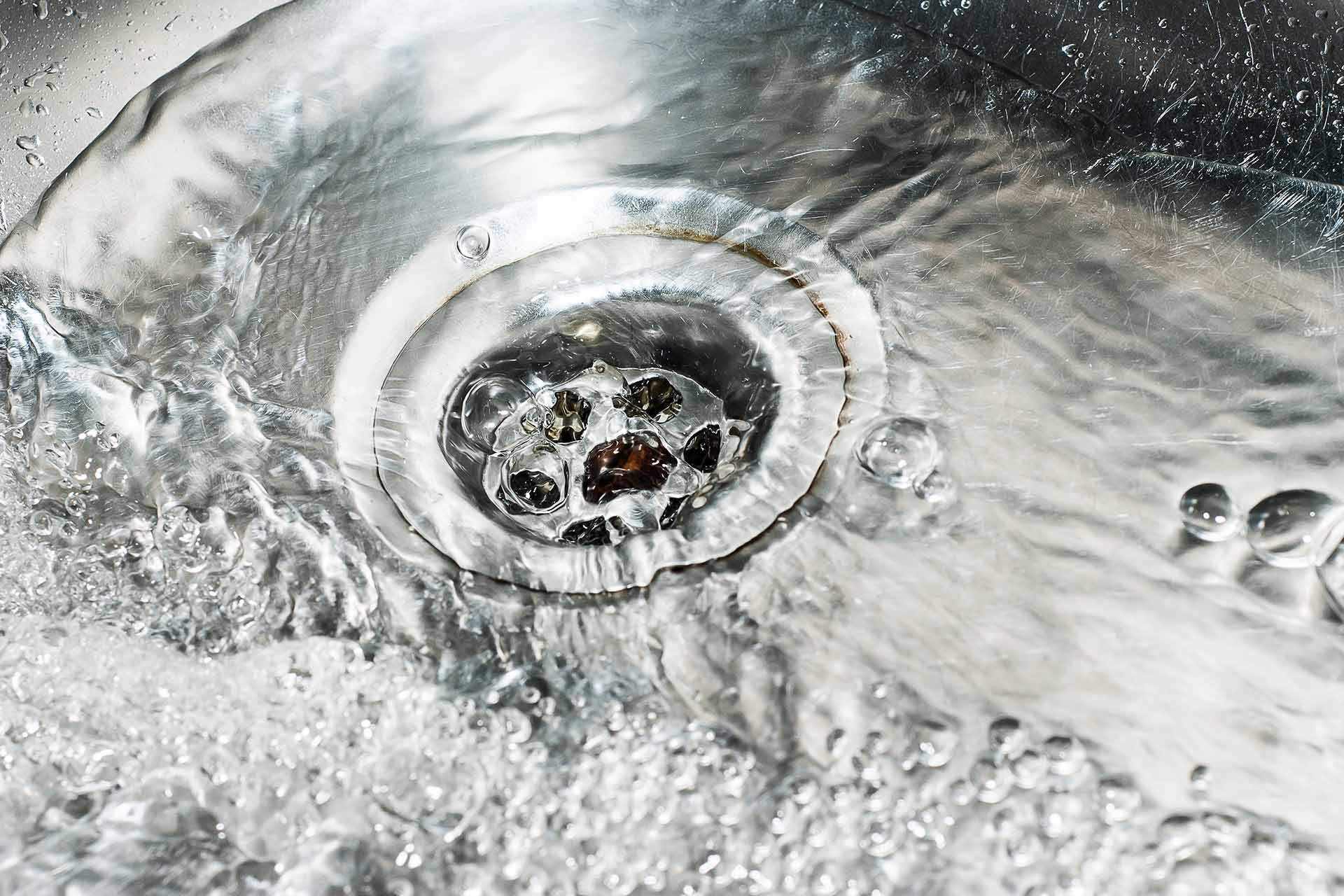


0 thoughts on “Why Does Dishwasher Smell”